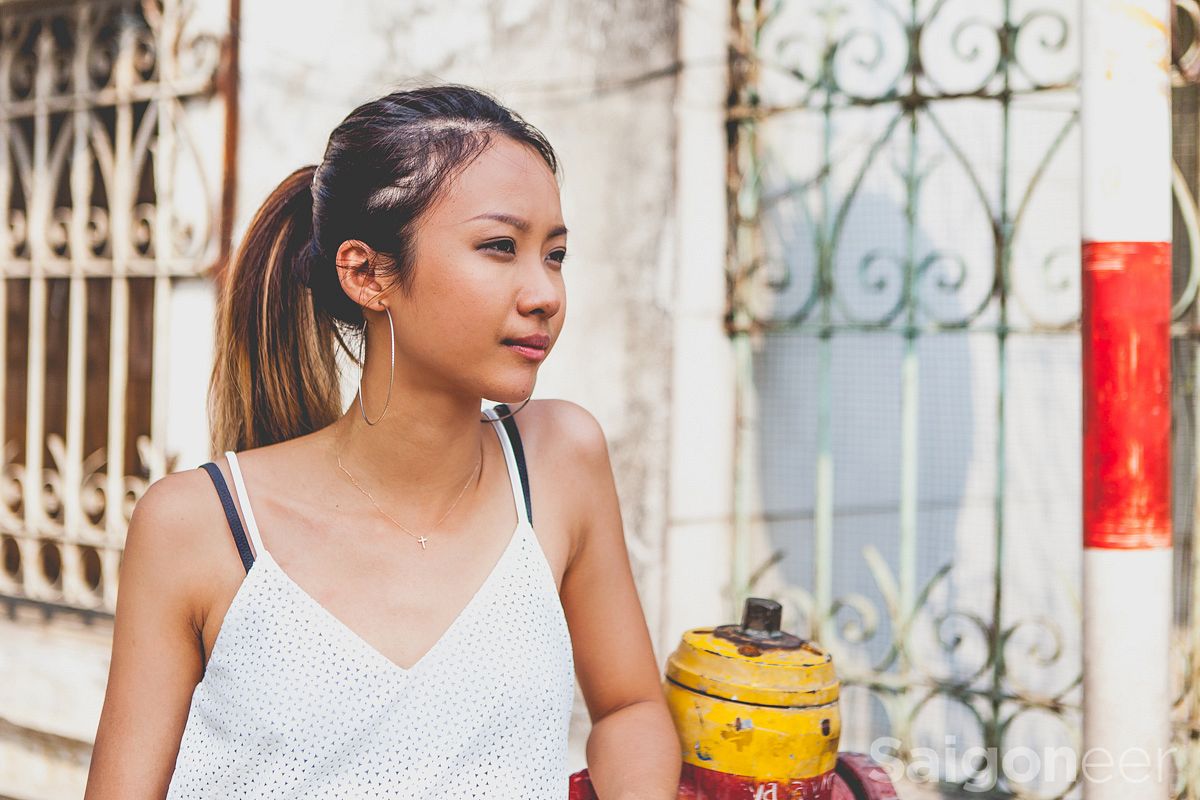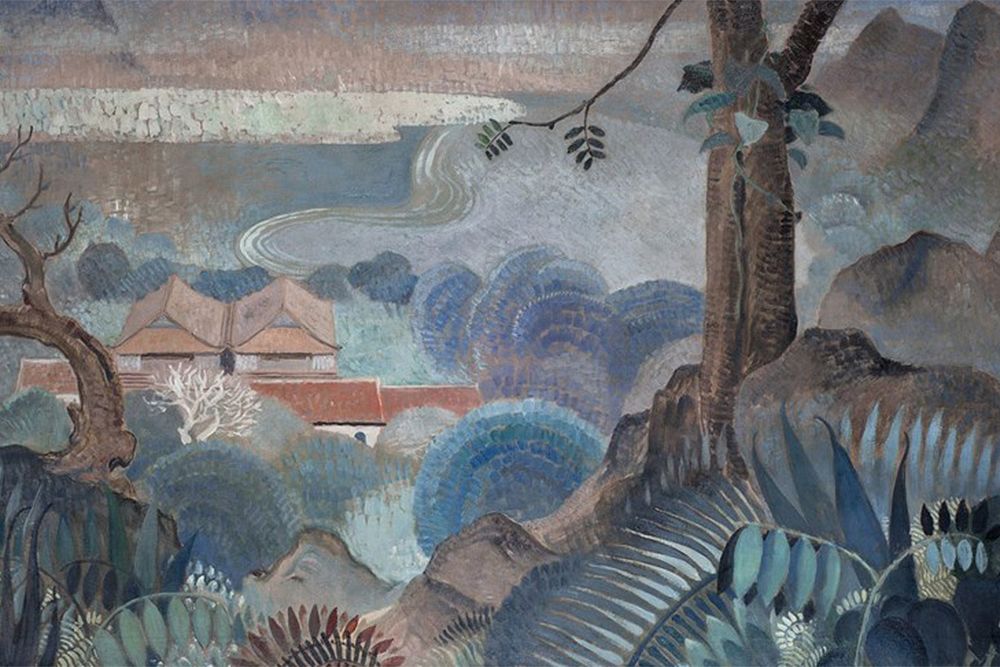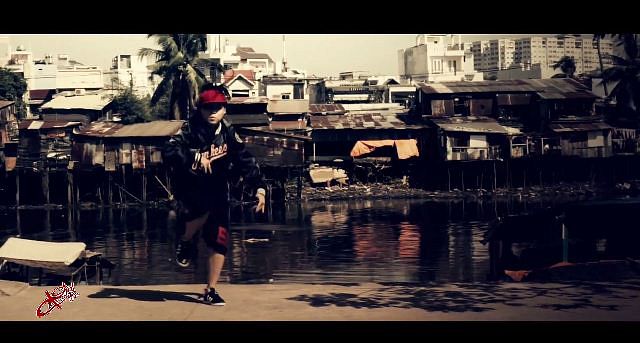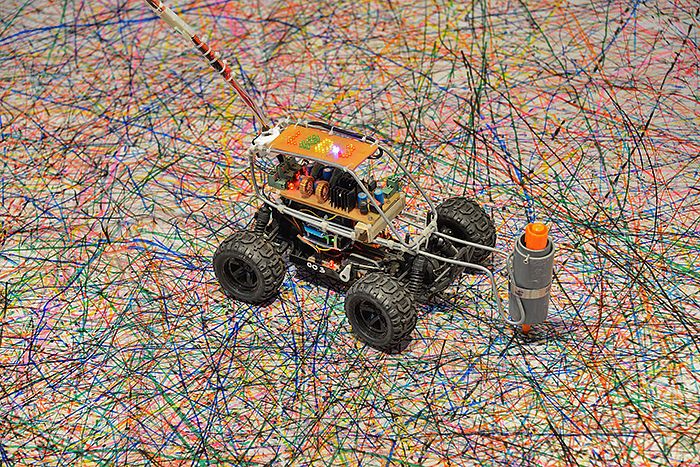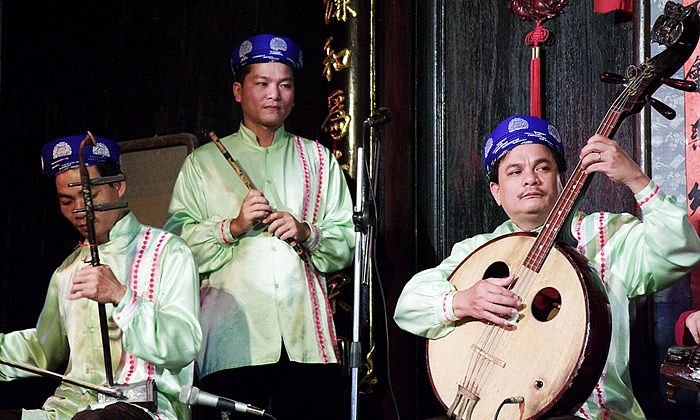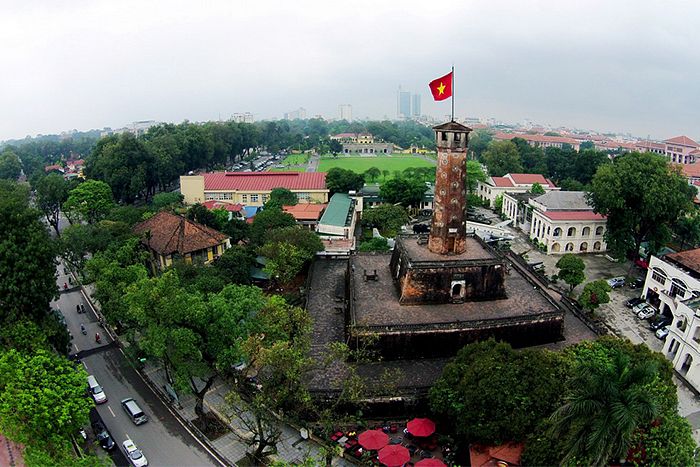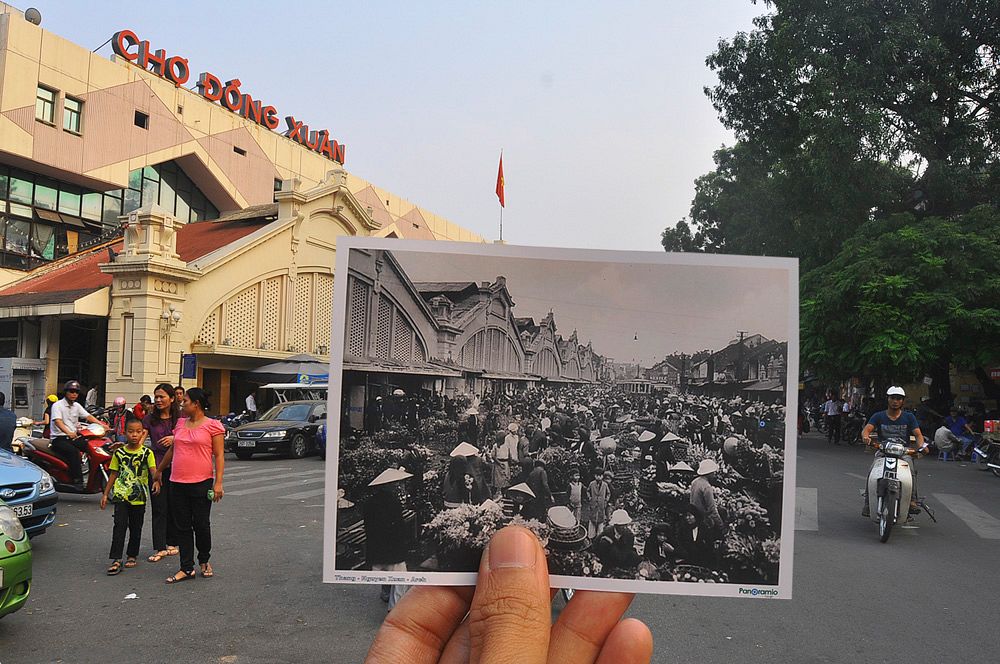Suboi recently returned from a series of successful US shows and wall-to-wall American media coverage. We sat down with Saigon’s “Queen of Hip-Hop” to ask about her experiences in the US, whether or not hip-hop can become mass-market in Vietnam and a number of other burning questions.
How do you feel about working within a traditionally African-American art form?
Eminem gave me inspiration and showed me that you don’t have to be black to rap.
I was never the popular kid in school; I’m not that pretty, I don’t have a lot of money, I don’t have a crew. I want to say something that I would never say in normal life.
I don’t communicate that well, so I have to write everything down as a song. I see hip-hop as a way to rebel.
Rebelling takes on so many forms all over the world, so do you think traveling has changed your perception of hip-hop?
When I travel to places like Harlem and Brooklyn, it’s like: “I’m home!” But then I see that people have their struggle like me in Vietnam, and rapping is not something we do to be cool. I saw that, for most people, it is something serious rather than just a music video.
I come from a neighborhood in District 3 where there’s a lot of prostitution and people shooting up with needles in front of my house and I’m like: “Oh my god, I don’t want to be in Vietnam, it’s always like this.” But then when I travel, I see that everywhere is like this; it’s just a different version of struggle.
What gets you to open your notebook and start writing things down?
Different things. Sometimes, if I listen to a beat I really like, I’m like: “Oh, I wanna jump on this.”
Otherwise, I’m writing poetry or just singing in my head, and then I connect everything together. If I get really into something, it could take just a day to write a song. And then I need to go back and forth and make it better.
Other than your main DJ (if you have one), which one would you love to work with?
I don’t have a DJ that I work with all the time, which is OK because everybody has a different perspective, so I like to talk to them and see if we’re a match.
If I could choose a DJ to work with, I would say DJ Premier or DJ Jazzy Jeff. DJ Premier, I know the way he works, he's so on point. It’s just like [pounds her fist against her hand repeatedly] but as for the music, it’s hard to say who else.
Because I was born after the golden age of hip-hop, it’s like I have to go back and study. I feel like I was born in the wrong generation.
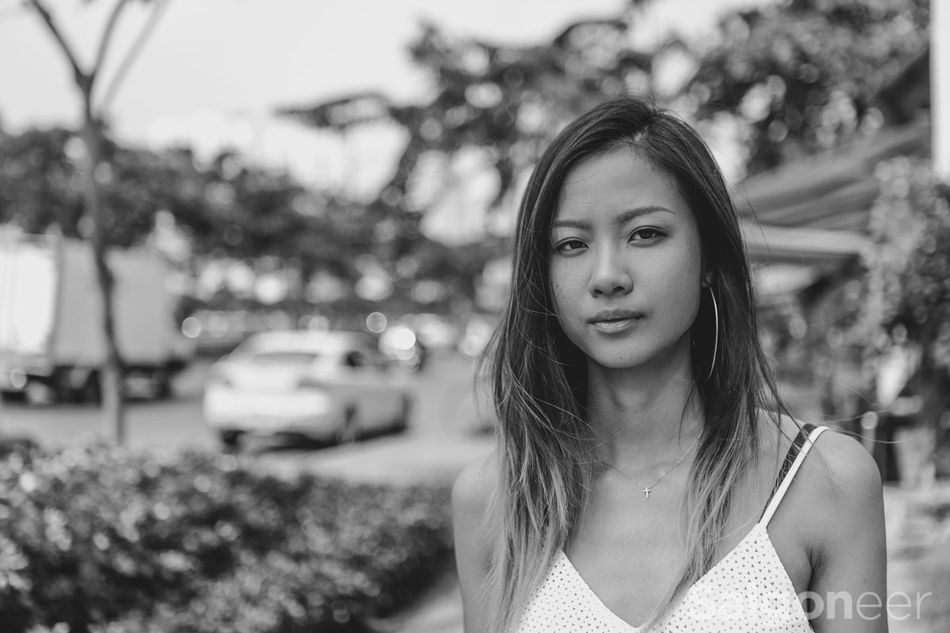
You mention the old school so you have to have an opinion on who gets the crown: Biggie or Tupac?
[Laughs] For Tupac, I like the message but with Biggie, you can’t deny his skills and he has that New York kind of style.
I feel like the West Coast rappers are too into the gangster lifestyle and they stick with that. But hip-hop is more like art to me.
Seeing as hip-hop has developed in different ways all over the world, how do you see it developing in Vietnam?
Hip-hop is not new in Vietnam, but a lot of what you hear is not really hip-hop. Those K-pop people rap for like one verse on their song. But I interact with that crowd because we have to get closer to people and then drag them to our side. This is what I’m doing right now, dragging them to hip-hop.
With that being said, do you see yourself as a hip-hop ambassador for Vietnam?
Well, I remember one time someone pointed at Kimmese and said: “You can be like that”, and I was like “OK.” Me and Kimmese are friends now, but sometimes people try to start some drama saying like: “You know what Kimmese’s been saying about you behind your back?” You can’t avoid that.
Can hip-hop become mass-market in Vietnam?
For me, it kind of comes down to education. People want to see something regional where they can go: “Ah, I get that. I love you, you love me.” You see on the TV...every f*cking video is the same and you can’t even tell when it’s a different song. So, this is what people are used to. They want something they already know; they don’t go to something new.
Hip-hop is raw, so Vietnamese don’t like it. They like something sweet and nice. Like I have a resting b*tch face, and it’s like I’m not that angry at all. But people see me and they’re like: “What the f*ck is up with this b*tch? She’s all stuck up.” Like my accent is a bit different so a lot of people think I’m Việt kiều, but I’m straight-up Saigon.
Do you think you can survive as a straight-up hip-hop artist in Vietnam?
After that video (1000 Watts), I lost some fans ‘cause I kinda shook hands with pop but I only do it if the pop is good.
Sometimes I have to deal with organizers who are not very professional, and I get annoyed when people don't do their job right. It's OK, I understand that those people only care about me when I come up with a bunch of people. That’s the same anywhere, but what makes it worse is that they have no system here, you know, in the way people work, the industry, their mindset. It's both very hard and very easy being famous here. Some people just need to show off their skin. I embrace how I look, I just don't use it as a tool. The way I dress or whatever style I do is for myself.
So yeah, I don’t know if I can survive as a straight-up hip-hop artist.
Men seem to dominate both hip-hop and Vietnamese culture, and you have to deal with both of them. Being a female emcee, how has that affected you and your work?
At first, nobody took me seriously. They’re like: “Aw, cute girl can rap.”
When I have to freestyle with men, they always have that attitude, and I feel like they have to let me in, and it’s like 12 guys and I’m the only girl and sh*t but that gave me a lot of motivation to improve. I was like: “I have to get this sh*t so you guys take me seriously.” So I’ve been working like that since I started in 2007. Now, I take it as a challenge.
But it’s easier for a guy. I’m kind of jealous to be honest, ‘cause if the guy raps and has a little swagger, people are like: “He’s so cool.” And if a girl shows up, they be like: “Um, we don’t want a girl.” And I’m like: “Goddammit.” But I’ve met a lot of women outside of the country who feel the same way. I met Ms. Info (a Hot 97 DJ) and she said: “Oh god, don’t worry. I know what you mean; I have your back.”
When I work hard, I try to do bigger things, so they be like: “This b*tch is trying to do something, trying to be number one or some sh*t.” They’re dissing me. I hate that frenemy feeling. If you hate me, say “f*ck you” and then just leave. But if you’re my friend, you’ll really support me. But it’s OK if I need to do this on my own, since it makes me stronger.
I’m a little bit angry, but I’m not that angry anymore.
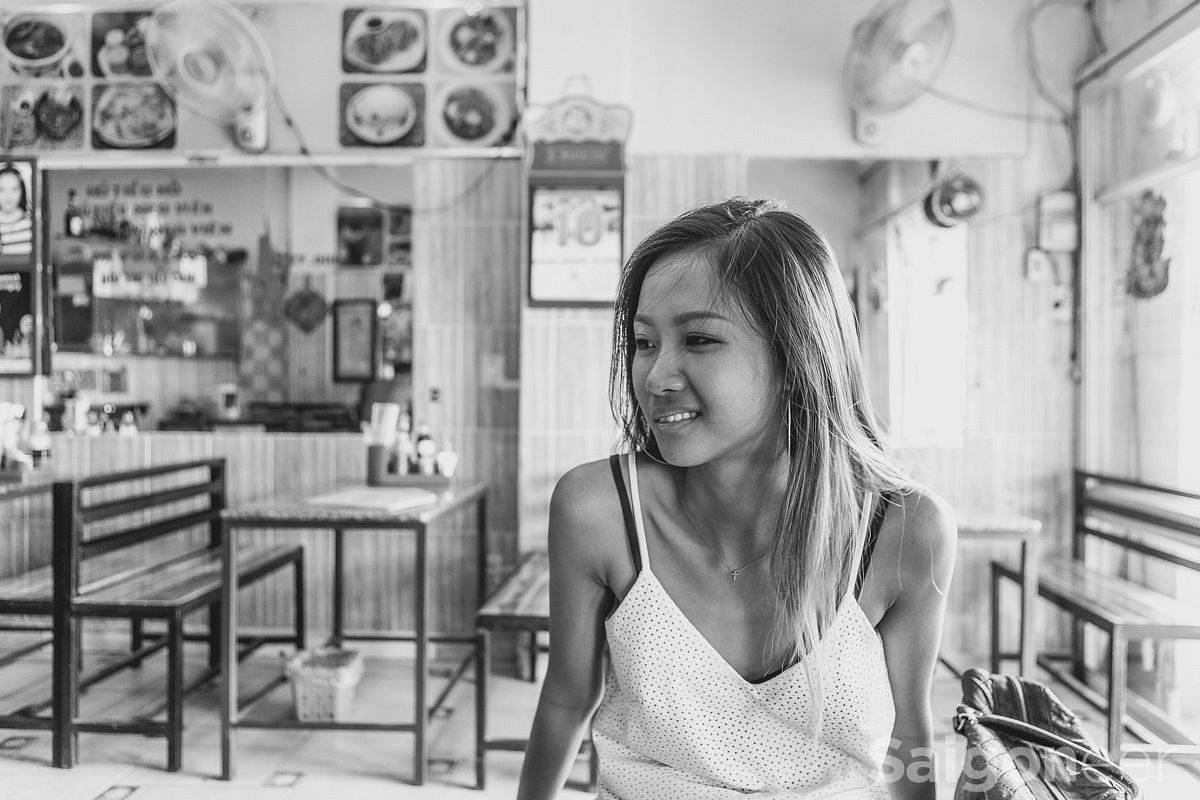
So, speaking of female emcees, give us your Top 5.
Lauryn Hill! Oh my god, I saw her last time I was in Philly and I was like crying. And it’s funny, she changes all the arrangements of her songs and at the same time, she can play Bob Marley songs exactly the way he played them. She’s very diva.
MC Lyte, Missy Elliott. She [Missy Elliott] showed up at the Super Bowl and kids were like: “Who’s Missy Elliott?” and I was like: “Goddammit.”
The fourth is Eve. The last one is a new one, her name is Snow the Product. She’s a Mexican chick; she’s very angry, too. She’s super angry and aggressive.
What’s on your playlist right now?
Kendrick Lamar. When I saw Eminem in Paris, I was like: “This is the best day of my life, but when Kendrick opened for him I was like ‘aaahhhhhh!’” And then all the white people looked at me and were like: “Who the hell is this f*cking Asian singing along to every word?”
After successful performances in the States, have more doors opened for you?
Not from show organizers but the fans say: “Hey, come back! Come to Houston, come to Philly.”
I’m kinda unsure right now because my English isn’t perfect, and most people don’t understand Vietnamese and how I use my wordplay so I’m just kinda waiting to see what happens. I do hope for another tour in the States this year.
What is the biggest difference between performing in Vietnam and performing in the US?
Usually when I play a show in Vietnam, I'm with a bunch of pop singers and it’s like: "What the f*ck?" It doesn't feel like I belong there, and it is boring for me sometimes because the audience at those shows are not very interactive, especially for a hip-hop artist. I get why, growing up in Vietnam, we weren't supposed to be loud so people are pretty shy. Since I’ve worked with that kind of crowd from the start, when I come to New York seeing a lot of cool people, I can work with that. Then people in the US can see that Vietnam isn’t all about the war. I bring a bit of an update about Vietnam today. Playing in the US is so much fun.
In the States, I also get to work with people who are more into their work, like the sound man. In Vietnam, a lot of people don't know sh*t and just stand at the sound booth. Do I have to study about using panels or whatever so I can do it myself? They don't give a f*ck and don't really understand why we need them there. In the end though, I just want to perform whatever that comes from my heart. When I perform for my fans, I feel their love for me.
It was a pleasure chatting with you, Su. We’re looking forward to seeing what the next year has in store for you.

